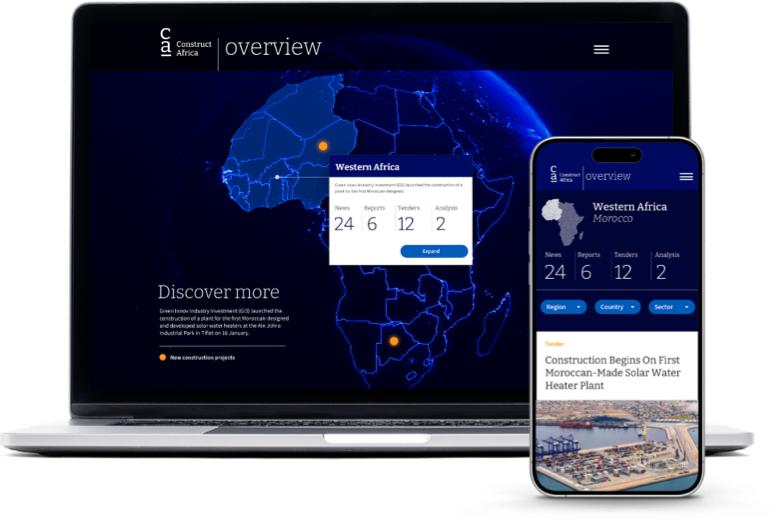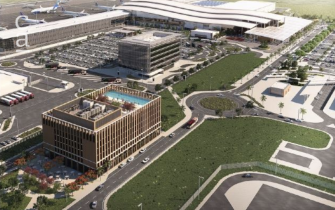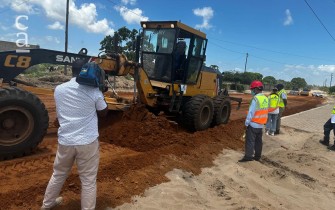Exploring Export Credit For Africa’s Infrastructure Funding Gap
FreeHow ECA finance can help facilitate social infrastructure development on the continent.
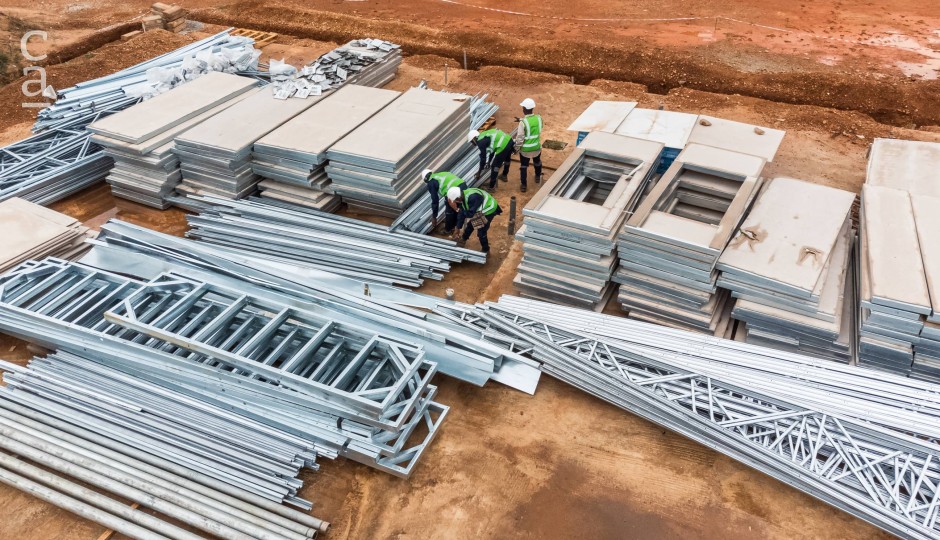
Export credit is well suited to help close Africa’s US$100 billion basic infrastructure funding gap, according to the International Union of Credit and Investment Insurers (Berne Union), a non-profit association representing the global export credit and investment insurance industry.
During a presentation at the Africa Investment Forum Market Days 2024 held in December in Morocco, Berne Union executive secretary Paul Heaney noted that long-term investment into Africa by credit insurance providers was increasing and diversifying. Hearney stressed that African risk was not as high as frequently presumed, although strong sovereign support would be vital to success.
The African Development Bank (AfDB) now aims to crowd in more insurer and export credit agency (ECA) capacity as part of its financing mobilisation action plan, looking to leverage partnerships with these players to broaden access to affordable financing amid global market volatility.
Luis Rodrigues, senior vice-president of engineering and construction at UAE-based contractor Alliad, concurs with the sentiment.
ECA financing has been instrumental in enabling large-scale projects through the provision of favourable financing terms, says Rodrigues, whose firm is currently involved in building and expanding 101 hospitals in Cote d’Ivoire through an export credit-backed deal.
The project is being undertaken in two phases – work on phase 1, which covers 60 hospitals, started in November 2021, while work on phase 2, which involves building 15 hospitals and expanding 26, commenced in November 2024.
As of February 2025, 56 hospitals had been completed, with the remaining on track for completion by July 2028.
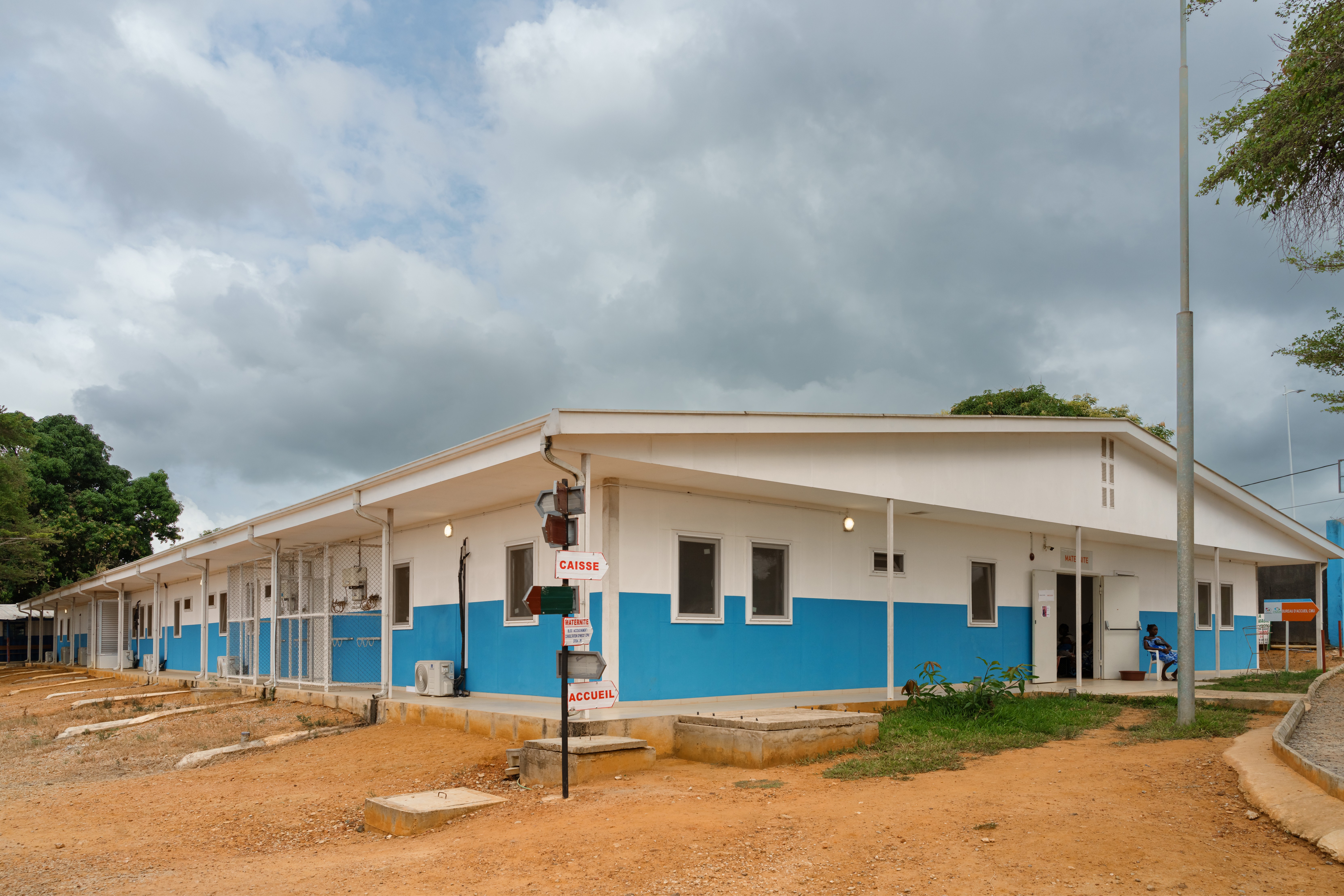
Source: Alliad
The healthcare scheme is part of the government’s focus on investing in the healthcare sector through its National Development Plan (NDP) 2021-25. The plan aims for 80% of Cote d'Ivoire’s population to live within 5km of a healthcare facility by 2025.
The project is being financed by €171 million (US$180.7 million) of financing underpinned by ECAs, with the UK’s Standard Chartered as the sole mandated lead arranger for the funding, supported by the Export and Investment Fund of Denmark (EIFO), along with Poland’s Export Credit Insurance Corporation (KUKE) as reinsurer. This follows on from a €159 million financing package announced in 2021.
The ECA funding enabled the Ivorian government to obtain long-term and relatively cheap financing, which would otherwise be unobtainable or prohibitively expensive in the commercial marketplace.
The project involves the participation of Danish firms, primarily within the healthcare equipment and project management and logistics industries, along with Polish manufacturers of cables, sanitary equipment, generators, fencing, lighting, ceramic tiles and electrical devices.
“This synergistic partnership ensures the provision of export credit insurance and potential reinsurance, ensuring the project adheres to stringent export content guidelines,” says Rodrigues. “Alliad has partnered with private developer Africa Business Development to deliver the project. It just shows how many businesses are working together.
“Compared to other financing models, ECA-backed projects typically involve more rigorous due diligence and compliance processes, strong environmental and social procedures and requirements, which aligns [with] our [business goals], so we partner with them on this. However, they offer greater financial security, longer repayment terms,and support for local sourcing and sustainability initiatives.”
Rodrigues also notes that the healthcare project has been one of Alliad’s most impactful initiatives, developed in partnership with the health ministry. “Our work directly impacts over 70,000 patients annually, helping reduce birth mortality rates and improving maternal healthcare,” he says.
“The key highlights of our experience include empowering local communities by prioritising local suppliers and investing in workforce training; implementing comprehensive [occupational safety] programmes to ensure every team member understands and practices safety protocols; and streamlining project delivery by working on all hospitals simultaneously, driving efficiencies in design and logistics to shorten delivery timelines and benefit communities sooner.”
Cote d’Ivoire’s construction industry is filled with opportunities, says Rodrigues, including growing demand for healthcare and educational facilities, backed by strong government support for infrastructure development. “There are also increasing opportunities for public-private partnerships (PPPs) and green building initiatives,” says the executive.
Rodrigues acknowledges that there are challenges along with these opportunities, such as complex regulatory frameworks, rising material costs and logistical difficulties in remote areas.
“To resolve this, we aim to partner with local suppliers, subcontractors and service providers while also growing our global network [and] providing training and development opportunities [to] help grow the labour [force],” he says.
Top photo: Construction work by Alliad in Cote d'Ivoire (Source: Alliad)
Discover
myConstructAfrica
Your one-stop-shop for information and actionable intelligence on the construction and infrastructure pipeline in African countries
- News, analysis and commentary to keep up-to-date with the construction landscape in Africa.
- Industry Reports providing strategic competitive intelligence on construction markets in African countries for analysts and decision-makers.
- Pipeline Platform tracking construction and infrastructure project opportunities across Africa from conception to completion.
- Access to contact details of developers, contractors, and consultants on construction projects in Africa.
- News and analysis on construction in Africa.
- Industry Reports on construction markets in African countries.
- Pipeline platform tracking construction and infrastructure projects in Africa.
- Access to contact details on construction projects in Africa.
